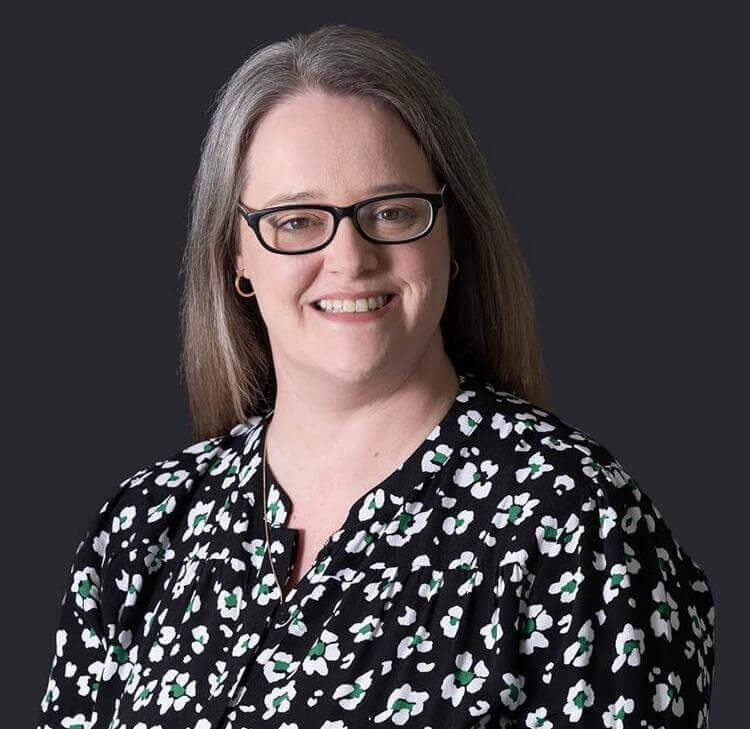Relationships and sex education in schools
After a period of consultation and discussion with many organisations dating back to 2017, the Department for Education has now published its statutory guidance on relationships education, relationships and sex education and health education.
After a period of consultation and discussion with many organisations dating back to 2017, the Department for Education (DfE) has now published its statutory guidance on relationships education, relationships and sex education (RSE) and health education. The guidance follows the making of the Relationships Education, Relationships and Sex Education and Health Education (England) Regulations 2019. These Regulations make the teaching of these subjects compulsory in schools (specific elements being phase dependent) from September 2020 (although schools can start this academic year if they wish). All primary schools will have to teach ‘relationships education’ and all secondary schools will have to teach ‘relationships and sex education’. Health education will be required in all maintained schools. Please note the health element is not applicable to independent schools as this is already required under the broader PSHE curriculum they must comply with through the Independent School Standards.
There has been significant media interest in this topic and not all commentary has been supportive of the changes to the Regulations. Many of the concerns raised relate to the content of the curriculum, particularly educating about LGBT relationships, and this has caused some contention. Often people find that a school taking on the role of teaching about sex education is contentious in its own right, but the DfE and schools feel it is an extension of their role as educators to prepare pupils for adulthood.
To respond to some of the key concerns raised by parents, charities and groups of interested parties, the DfE have released accompanying FAQs. These FAQs are helpful in setting out the various aspects of the Regulations and give guidance on how they will impact pupils, parents and schools. This includes the setting of policies, including consultation with parents; content and the parent’s right of withdrawal from sex education (save for biological aspects of human growth and reproduction that form part of the National Science Curriculum). The FAQs also cover the new proposed right of children to ‘opt in’ as they approach 16 years old, which will give pupils more autonomy regarding their own education in this area.
It should also be noted that the new guidance gives flexibility to schools in their approach to teaching. This will permit faith schools to teach these subjects within the tenets of their faith, allowing these important subjects to be taught sensitively and inclusively and with respect to the backgrounds and beliefs of pupils and parents, whilst giving pupils the knowledge they need to live safe, fulfilled and healthy lives.
The new stance on RSE/HE is to ensure that children and young people are prepared and able to make informed choices about relationships as they grow. It is a vital life skill for children to stay safe and develop healthy relationships in the increasingly complex lives we lead. This is more prevalent with young people spending more time developing relations online and increasingly exposing themselves to risks. Schools pride themselves on looking after the ‘whole’ child and therefore these topics should be given adequate time and space within the curriculum.
However, there will be challenges in making sure the teaching is carried out by the right people at the right level to ensure it is effective. Schools will need to be committed to delivering these subjects. Content will need to be age appropriate, inclusive, well delivered and clearly embedded into other school policies, which will require the input of young people and their families through open discussion. This will be helped by the consultation aspect of setting policies and working as a school community to act on these subjects and keep young people safe and able to make informed choices.
Contact

Laura Murphy
Associate
Laura.murphy@brownejacobson.com
+44 (0)115 908 4886







































